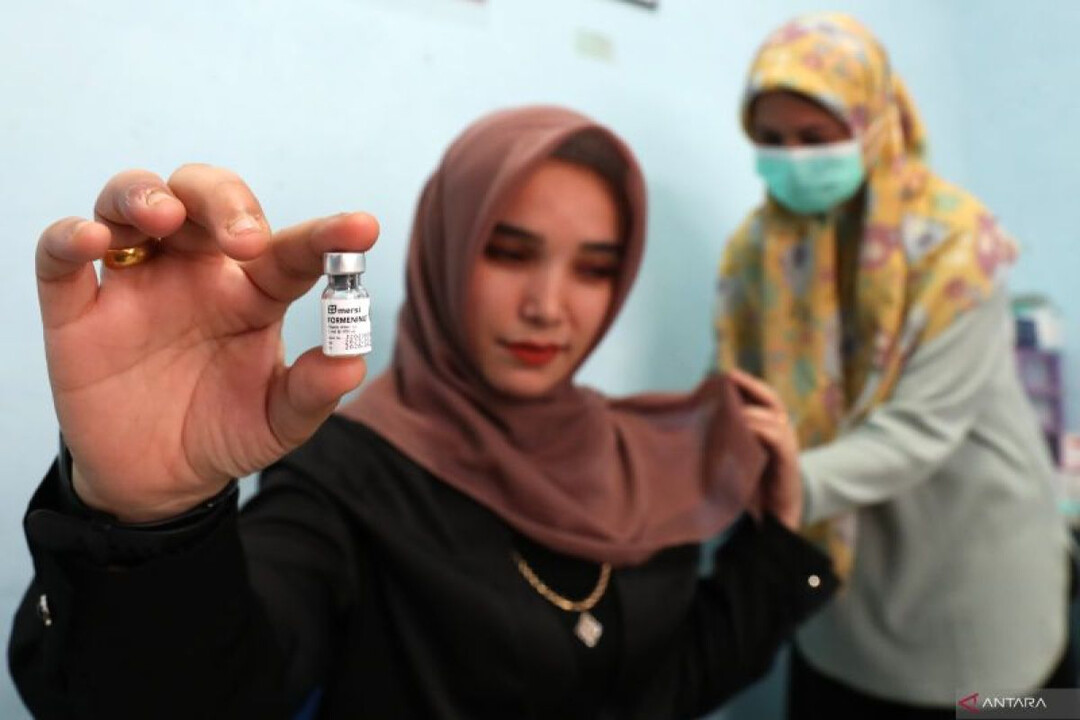
Tashkent, Uzbekistan – Saudi Arabia's recent mandate requiring all Umrah and Hajj pilgrims to present a valid meningitis vaccination certificate, effective February 2025, has triggered a significant surge in demand for vaccines in Uzbekistan and raised concerns about compliance and public health.
The Saudi Arabian Ministry of Health's directive aims to safeguard public health during mass religious gatherings, mandating vaccination for all travelers aged two and above, regardless of visa type. Certificates are valid for up to three years for the polysaccharide vaccine and five years for the conjugate vaccine.
In response, Uzbekistan's Committee for Religious Affairs has urged pilgrims to take precautionary measures, including wearing masks in crowded areas and maintaining strict personal hygiene. This recommendation comes amidst a concerning rise in meningococcal infections within Uzbekistan.
Spike in Meningitis Cases Raises Alarms
The Sanitary and Epidemiological Committee of Uzbekistan reports a dramatic increase in meningococcal infections, with cases in 2024 exceeding those in 2023 by over tenfold. Tragically, some fatalities have been reported. Epidemiological investigations have linked many cases to individuals returning from Umrah pilgrimages, highlighting the potential for imported infections.
"The epidemic situation concerning meningococcal infections has worsened in several regions of the country," stated a representative from the Sanitary and Epidemiological Committee. "Many of these cases have been traced back to individuals returning from pilgrimages, demonstrating the critical need for vaccination."
Historically, meningitis vaccinations were consistently administered to pilgrims until 2019, but a lapse during the transition to an electronic visa system led to a decrease in vaccination rates. This oversight has contributed to the heightened risk of infection among unvaccinated travelers returning from Saudi Arabia.
Meningitis, a potentially fatal inflammation of the brain and spinal cord lining, can lead to severe complications, including paralysis and mental health disorders. While vaccines exist for some bacterial strains, a universal vaccine remains elusive.
Vaccination Efforts and Challenges in Tashkent
Vaccination centers in Tashkent offer a range of vaccines, including the meningococcal conjugate vaccine (ACWY) and the meningococcal B vaccine, along with vaccines for Haemophilus influenzae type b (Hib) and pneumococcal infections. The "Menveo ACWY" vaccine, a polysaccharide vaccine, is widely administered as a single dose.
"Meningococcal infection poses a significant threat, especially to children and those traveling to the 'meningitis belt' region," explained a specialist at a Tashkent vaccination center.
Despite the availability of vaccines, pilgrims have encountered challenges. Amina, a pilgrim from Tashkent, reported that while the vaccination process was smooth, securing an appointment was difficult due to the sudden surge in demand. Hasan, another pilgrim, faced difficulties finding a clinic with available doses shortly before his flight.
Aziza, a pilgrim from Fergana city, highlighted a disturbing trend of fraudulent vaccination practices. She recounted how a family in her group paid for vaccination certificates without receiving the actual vaccines, risking severe health consequences. "I was worried about them," Aziza expressed, emphasizing the importance of genuine vaccination.
Combating Misinformation and Ensuring Compliance
Social media rumors claiming the vaccination mandate had been lifted were swiftly debunked by the Sanitary and Epidemiological Committee, which reiterated that Saudi Arabia's requirement remains firmly in place.
"The Saudi Arabian Embassy in Tashkent confirms that a vaccination certificate is mandatory for Umrah and Hajj pilgrims," stated a representative. "However, it is not required for tourist visas."
The Sanitary and Epidemiological Committee acknowledges the fraudulent activity regarding vaccinations, and emphasizes the importance of raising public awareness of the necessity of getting the vaccine.
[Copyright (c) Global Economic Times. All Rights Reserved.]





























